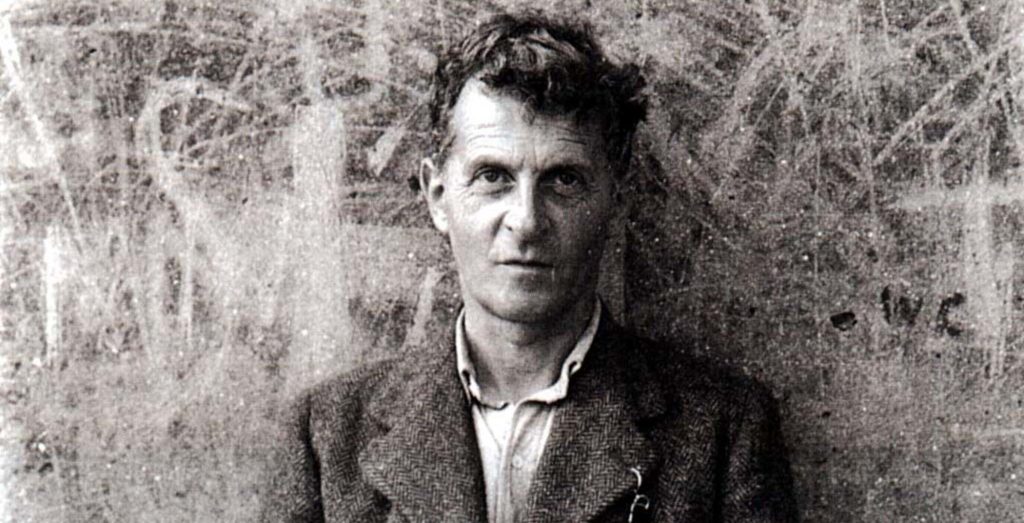
Coming across Ludwig Wittgenstein’s assertion above was appropriate, as I am learning German again, even though Wittgenstein wasn’t talking about learning foreign languages specifically — I’m afraid that interpretation is far too facile. Nonetheless it’s an assertion that sticks with you whatever language you speak, and I’m confident of its truth. It’s why I’ve been a bit of a pest with my children, encouraging them to take up a second language in the sense that it will give them a second world, and additional worlds mean additional possibilities. The fewer limits, after all, the broader the world — perhaps a worthwhile corollary to Wittgenstein’s assertion.
I came across it while reading Marjorie Perloff’s recent translation of Wittgenstein’s Private Notebooks: 1914-1916. Read in the context of an exploration of Vienna in the interwar years, it’s an enlightening experience, too. I’m neither an academic nor even a casual student of philosophy, but the notebooks also remind me that I should be picking up Damian Searls’s new translation of the Tractatus Logico-Philosophicus, which also features an introduction by Professor Perloff. The publisher, W.W. Norton, leads me to believe it just may reward attention even from a layperson like myself — “Searls renders Wittgenstein’s philosophy clearer and more accessible than ever before,” Norton says, and that can’t hurt. You can also get a taste of this from Searls’s introduction to the book, a version of which is available here at the online magazine Words Without Borders.
